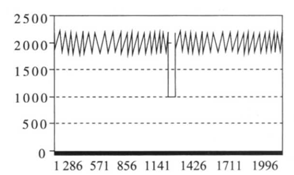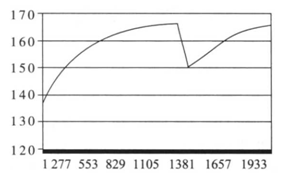题目内容
6. A photo,however,can be both a work of art and an record. It can record an important event as a beautiful or exciting picture.
A. elegant B. apparent C. informal D. actual
6. D句意为:"然而,一张照片,可以既是一幅艺术品,又是一张真实的写照。它能记载一件美丽的或令人激动的大事。"actual意为"真实的",符合句意。

练习册系列答案
 天天向上一本好卷系列答案
天天向上一本好卷系列答案 小学生10分钟应用题系列答案
小学生10分钟应用题系列答案
相关题目

